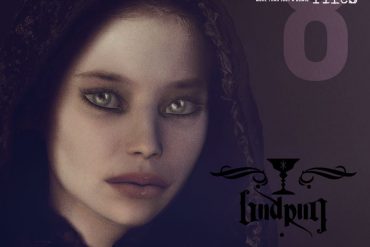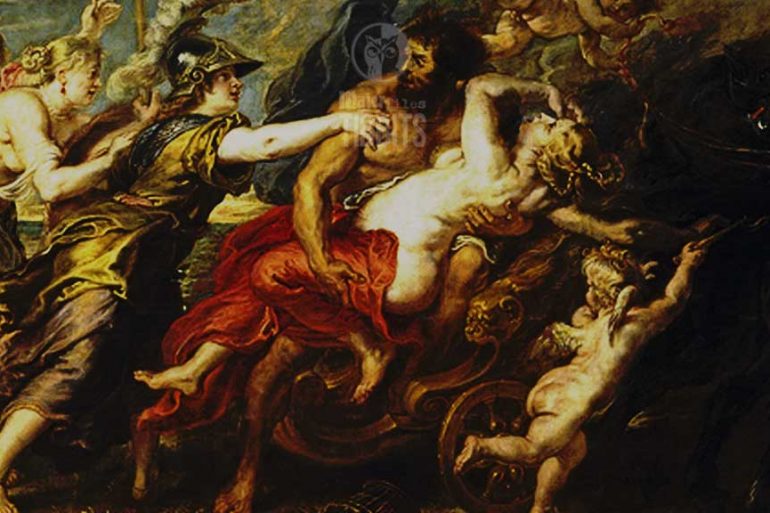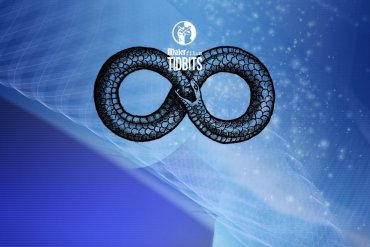We already mentioned goddess Saga (https://www.maier-files.com/what-you-didnt-know-about-saga/), now let’s meet Frigg. Frigg was one of the more widely worshipped Germanic goddesses, appearing in Scandinavia, Britain, and on the Continent. Snorri names her the foremost of the Asynjur, a group of goddesses described as being equal in holiness and authority to the male Aesir (Gylfaginning, ch. 20). Nevertheless, very little is known about her worship, and until recently she has often been overshadowed by the better-known figure...
Why should we bother to work with gods and goddesses in the first place? Almost every religion includes some form of mythology, from the earliest and most primitive practices to the more modern and “scientific” variants, which tend to disguise their myths as symbology or history. It is obvious that these god figures and their stories, whatever one chooses to call them, are important and meaningful to humanity, a vital and intrinsic part of our...
Hella, Hel, known to all Germanic peoples, including the Goths as Hellarunester. A Gothic word for “witch” was Haljoruna. The name itself stems from a root meaning “to hide”. The word Hellirunar describes people who ‘rune’ (Speak, sing, whisper) with Hel/Helja, the goddess and realm of the underworld. “Hell”, in its original meaning is the hidden realm, the dark and foggy place where the dead and unborn dwell. Often the term is used in a sinister meaning. The bishop Wulfila […]...
Trying to understand one of the many hidden histories and layers within Maier files is trying to understand the Grail quest and its influence on many even nowadays. The Arthurian legends are an obvious start. The fabulous stories of King Arthur and the Grail are currently so well known that they extensively researched and remarked upon by many different authors and researchers. However numerous individuals are absolutely ignorant, as we were, that the importance and...
In the rich tapestry of Old Norse literature, tales of encounters between Christian kings and the remnants of the old gods persist as fascinating narratives that reflect the complex interplay between the pagan past and the emerging Christian present. One such tale unfolds in the saga of Óláfs Saga Helga, captured vividly in the introductory quote. ‘Have you no desire to be like that king who was victorious against all whom he fought,who was handsome...
Like in all ancient Norse myths codes and messages are hidden within. Mainstream scholars like us to believe that these myths are just simple stories to entertain or to describe natural phenomena our dumb forefathers were too ignorant to understand. But these tales are like riddles and intellectual challenges to be solved and contain real wisdom and knowledge. Ms. Jessie L. Weston, after more than thirty years of study, wrote a little book entitled From Ritual to Romance (London: Cambridge […]...
The attentive reader of the first episodes of Maier files will have noticed that the tale once told by Rolf Dietrich and the history of Otto Maier are filled with powerful themes and images that might provide a clue to the real hidden mystery, among them: the Rose Trail (Troj de Reses), web of woven silk, the knights in the line of Dietrich von Bern, the enchanted windmill, fiancée of the Month of May, the...
The anima as a friend or soror mystica (mystical sister) has always played a great role in history. In the “cours d’amour” (courts of love) of René d’Anjou she even takes precedence over the wife. The term maîtresse actually means mistress or master. In the Middle Ages, for example, the worship of the anima led to courtly love, in which the knight was committed to his lady and was at her service. In later history...
Harvest traditions have roots in Eleusis. The foundation of the Mysteries of Eleusis was the story of Demeter and Persephone. In this tale, Hades fell in love with Persephone and kidnapped her from the fields where she played, taking her back to his kingdom in the underworld. When Demeter discovered her child missing, she searched everywhere on Earth for her. When at last she received word that Hades was keeping her child, Demeter refused to let anything on Earth grow. […]...
All numbers have meanings, and different meanings within different cultures. But there is one number that seems to cross cultures, transcending religious and ethnic boundaries with its underlying meaning of immortality: Eight – 8 – . To the Egyptians, number eight was the most magical of numbers and meant ‘balance’ and ‘cosmic order’. According to Tim Wallace-Murphy and Marilyn Hopkins, the authors of Rosslyn, eight sacred sites formed a great cyclical ritual performed by Egyptian...
Plato, as the speaker Timaeus, refers to the Demiurge frequently in the Socratic dialogue Timaeus, circa 360 BC. The Demiurge as the entity who “fashioned and shaped” the material world. The Demiurge is the craftsman. The term demiourgos or craftsman is itself surprising – one might expect such a character to be rather grandly titled Nous or Logos. At Athens, the craftsman was either a slave or if free, one who acquired a certain stigma...











